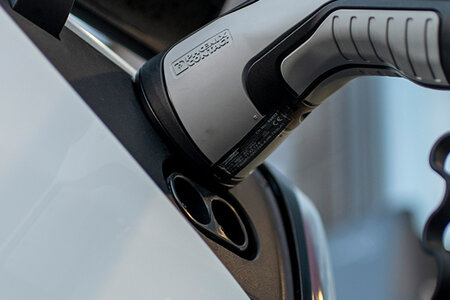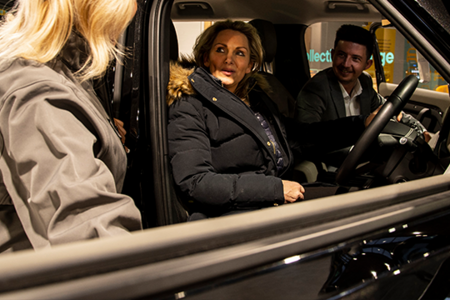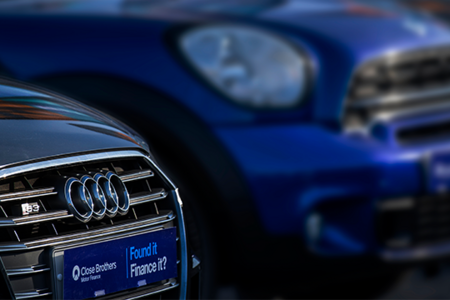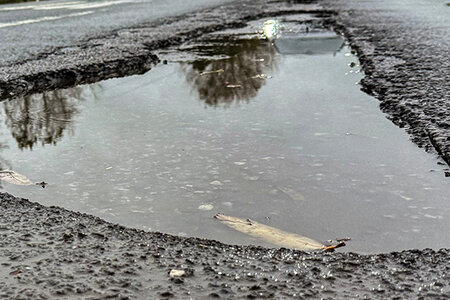The cost of running a car is becoming unaffordable, sparking concern amongst motorists, according to new research from Close Brothers Motor Finance. Six in ten (62%) drivers believe cars are becoming unaffordable, with seven in ten (70%) stating there are too many additional costs when it comes to the day-to-day running of the vehicle, such as road tax, insurance hikes and road charging schemes such as ULEZ.
With households up and down the country facing a cost-of-living crisis, the research found that six in ten (60%) drivers are worried about rising costs. Many are having to look at ways to cut back when it comes to saving money on their vehicle.
To help reduce costs, more than half (51%) of drivers have shopped around for cheaper fuel, and a further 20% plan to do this in the future. Whilst two in five (39%) have had to cut down on the amount they drive, a further 24% are planning to do so. More than a fifth (21%) of motorists have carshared with family, friends, and colleagues in order to save money, with a further 15% planning to do this in the future.
Despite optimism that the Government’s decision to delay the petrol and diesel ban to 2035 would give motorists more time to switch to electric, soaring energy bills and the initial outlay are continuing to act as barriers. A fifth (22%) of motorists say they’ve decided against buying an electric vehicle due to costs, and only 12% plan to purchase one in the next year.
What drivers are doing, and plan to do, to cut costs:


Lisa Watson, Director of Sales at Close Brothers Motor Finance, said: “As a motorist it can often feel like you’re being financially hit from all angles. And with soaring costs, drivers all over the country are looking at ways to make cutbacks. Although inflation is slowing, costs are still rising whether that’s insurance hikes, the price at the pumps of the cost of purchasing a vehicle. This, combined with new schemes such as ULEZ – simply driving your vehicle from A to B feels like an added luxury rather than an essential part of life. To cut costs, many are now having to explore other measures to stretch their finances further – including shopping around for cheaper fuel, car sharing or even charging loved ones for fuel.
“As drivers look to make cutbacks this could have a knock-on effect on their next car purchase and in turn, change the type of vehicle they want to purchase. For motor dealers it’s essential they ensure they’re stocking the right stock to meet this changing demand. Continuing to utilise insights and tools to monitor trends will be important to ensure they’re stocking the right vehicles for their customers.”






